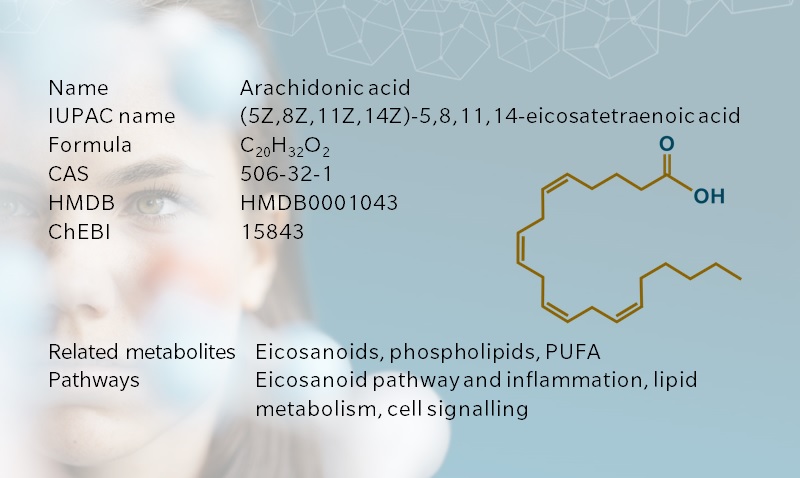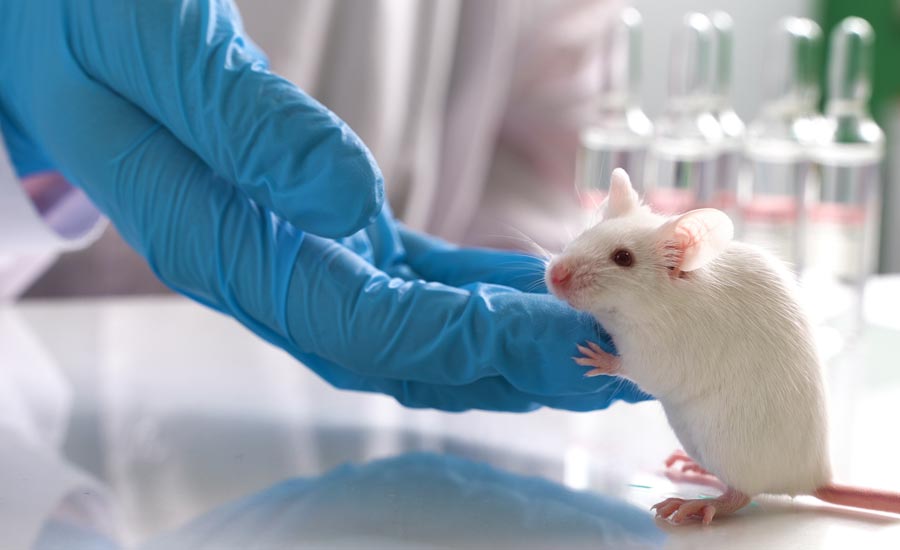A neonatal mouse model demonstrated that G. lamblia infection altered the composition of the gut microbiome and enhanced bile acid secretion and deconjugation.
All posts to the category
Infectiology is the study of infectious diseases. It is a branch of medicine that deals with the diagnosis, treatment, and prevention of infectious diseases. These diseases can be caused by viruses, bacteria, fungi, or parasites. They can affect any part of the body, including the skin, respiratory system, gastrointestinal system, or central nervous system.
Arachidonic acid – Essential fatty acid with key roles in inflammation and cell signaling
The metabolite of this month is arachidonic acid, a polyunsaturated fatty acid at the crossroads between inflammation, athlete training and the latest COVID-19 research.
Metabolomic profiling and the prediction of 90-day mortality
Plasma lipid profiling for the prognosis of 90-day mortality, in-hospital mortality, ICU admission, and severity in bacterial community-acquired pneumonia (CAP)
COVID-19 – Metabolomics prediction of long-term outcome
Those who recover from COVID-19, especially after severe cases, have experienced a great deal of pain and discomfort. However, because of potential multi-organ injuries that more closely resemble the situation after sepsis rather than recovery from an Influenza virus infection, COVID-19 survivors often experience long-term consequences of the infection.
COVID-19 Utility of animal models
The global impact of the COVID-19 pandemic has prompted collaborative research efforts across the world. Thus far, the bulk of these efforts have been geared towards vaccine development and discovery of therapeutic strategies that mitigate disease severity.





